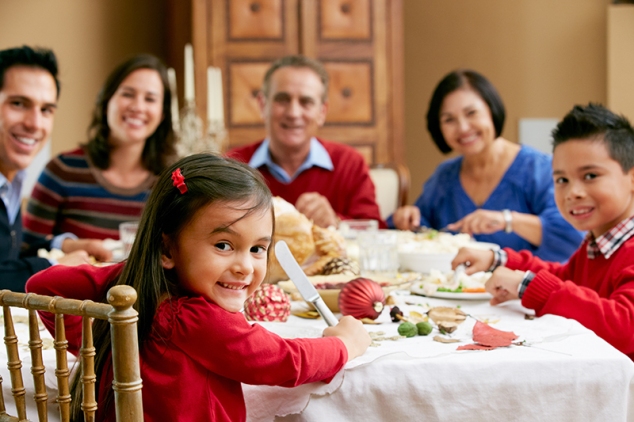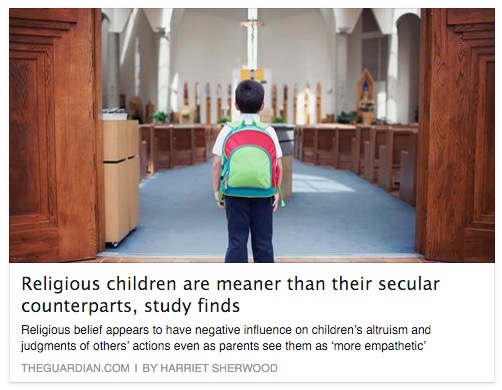We exist, you and I, in what is perhaps the most challenging period in history for people who genuinely want to know what is true.
I almost finished that sentence with “for people who genuinely want to know what is true about God.” But it applies virtually to every kind of truth.
We are not born omniscient, not born trained up in rigorous critical thinking. For good or for ill, our given culture hands us, developmentally, the tools we need for dealing with a complex reality.
 Catholics believe our rich culture was birthed in a thousand different ways from an encounter with Christ, God’s full expression of Himself to mankind. “If you have seen me, you have seen the Father.” As interfaces with reality go that’s pretty good. In our time, however, the role of Catholic culture has become very weak tea indeed. Even parents who raise their children in a home permeated with Catholic identity – observing the liturgical seasons, praying the rosary, eating meals together, attending mass regularly – may find it takes only a year or two in college for their child to drop the entire edifice of Christianity into the nearest dorm trashcan.
Catholics believe our rich culture was birthed in a thousand different ways from an encounter with Christ, God’s full expression of Himself to mankind. “If you have seen me, you have seen the Father.” As interfaces with reality go that’s pretty good. In our time, however, the role of Catholic culture has become very weak tea indeed. Even parents who raise their children in a home permeated with Catholic identity – observing the liturgical seasons, praying the rosary, eating meals together, attending mass regularly – may find it takes only a year or two in college for their child to drop the entire edifice of Christianity into the nearest dorm trashcan.
Why? Because, while our children’s hearts may belong to us for a time, their ultimate and longterm allegiance is to a network of friends and trends mediated to them via social media.
Parents may use social media as an occasional resource, but for our children it is a living, breathing culture. As such, it mediates reality for them. But not all mediums are created equal.
McLuhan famously observed, “The medium is the message,” meaning the communication of content is largely determined by the medium used to express it. Parents may simply shrug at the notion that Facebook, Twitter, and other social media aren’t exactly suited for discussing the big questions of life. They may opine, “There are other, more suitable platforms for discussion.” But what if our children grow up in a social media culture and the limitations of social media become the very cognitive tools they bring to the table? The church youth director may be interested in pursuing the big questions, but his audience simply cannot parse what he is saying — their favorite medium of expression has no room for such things.
Memes are not tools of understanding. One might as well promote Better Living Through Billboards. Likewise, the terse format of Twitter practically begs people to engage in fallacy errors like “abusive ad hominem.” While there is little room to address a person’s argument, there is just enough to label the person “stupid” or “phobic” or “conservative” or “progressive.” Readers infer, “Oh, that person isn’t one of us.” They also tacitly perceive that lengthy discussion is abnormal and unwelcome.
Again, a parent might object, “But these platforms are not meant for particularly substantial conversations.” Their child, meanwhile, assumes that the structure of their social media culture excludes complex responses, encourages pithy dismissal, because this is the nature of things.
So where are the platforms suited to wrestling with the big questions? Where can children learn to use critical thinking? Where can they develop a healthy BS detector?
I would suggest our family serves this purpose. Culture used to mean “the way people live between those mountains and the great river.” Now it has constricted to the personal space of a radical individualism. The family is our last, best hope of breaking through this pop-solipsism. After all, each family member (if there is any love in him) finds himself having to work pretty hard at tolerating, even perhaps understanding, siblings and parents who can be very different from himself. One hopes this situation moves beyond mere struggle, takes a healthy turn, becoming a kind of frank yet forgiving engagement with one another. And then, in this mini-culture, this primordial church, the big questions of life can be wrestled with in the context of what is really happening in our brothers’ and sisters’ lives.
Rocky soil is tilled, the stones cleared, the seeds planted.
It is probably fair to say, however, children merely rent the faith of their parents. When the time comes for genuine ownership, far too many are taken in by mere cleverness and popular trends. A wink here, a nudge there. No matter how permeated with Catholic culture their family home may have been..
Case in point:
The Guardian recently published an article titled, “Religious Children Are Meaner Than Their Secular Counterparts, Study Finds.”
What is your high-school or college-age child to do with such an article — if a link appears in her social media feed?
I would hope that my child, BS detector firmly in hand, would approach the article with a critical awareness of potential blind spots in everyone’s point of view and the typically self-congratulatory nature of social trends.
 For example, current secularism has no interest in debating whether God exists. Instead, the New Atheists (very cannily) have focused their attention on debunking “faith” (a mindless retreat from the rigorous truth demands of scientific discourse), “religion” (organized cultural hegemony enforcing rules which no longer apply), and the notion that we need God in order to be good.
For example, current secularism has no interest in debating whether God exists. Instead, the New Atheists (very cannily) have focused their attention on debunking “faith” (a mindless retreat from the rigorous truth demands of scientific discourse), “religion” (organized cultural hegemony enforcing rules which no longer apply), and the notion that we need God in order to be good.
Ding! Ding! Ding!
Plainly, according to the BS detector, an article titled (without irony) “Religious children are meaner than their secular counterparts, study finds” goes a long way toward supporting the latter.
Likewise, if this article were to come up around the dinner table some evening, a few questions should come to mind. Why study small children – if it is likely they are not particularly well formed in their faith? What religion or religions were addressed? (Is it fair to address all religions as one “thing”?) Were doctrinal differences taken into account if multiple faiths were involved? Was this study multi-national? Did it cover a large sampling of children? Or was it conducted at a kindergarten down the street from the university? What sort of controls were in place? Has there been any peer review?
More to the point, are we to infer that children born into secular families are “born good” and continue on their way untainted by religion while children born into religious families actually require the influence of religion in order to “become mean”?
Are any of our children prepared to ask such questions?
If, I mean, they are not introduced by their parents to a bit of critical thinking around the dinner table?
Or will they simply see the headline – on a website numbered among the preferred sites of friends, cultural heroes – and simply absorb the finding as though it is a done deal?
You know, just let the spirit of the age sort of roll over them.
I invite you to read the article at http://goo.gl/rZYGgH, take a look at the comments that follow (some do question the validity of the study), consider your own personal experience with the behavior of children religious and otherwise, and share your thoughts here.
One statistician, William M. Briggs, has responded with a blog post, “Here’s Why That Study Claiming Religious Kids Are Less Altruistic Stinks,” located at http://wmbriggs.com/post/17238/.




Reblogged this on JULIE GRAY Because Your Message Matters! and commented:
This is an interesting question! I wonder what the conflict in Israel and Palestine would be like if religion were not a part of it!
LikeLike